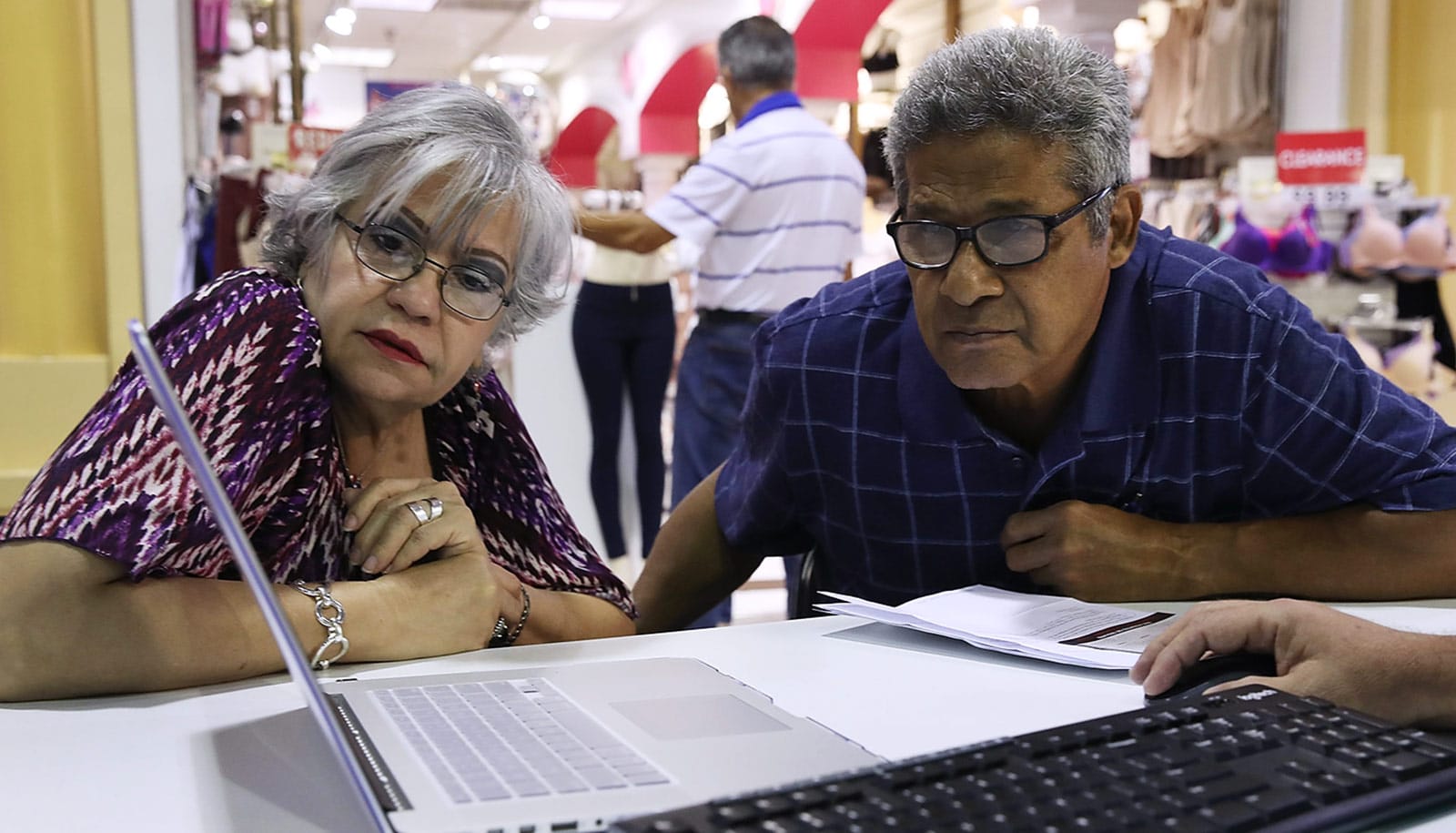Most older adults don’t use tax-advantaged savings accounts to save for future health expenses, a new poll of people age 50 to 80 suggests.
Those who do are more likely to have high incomes and education levels, and to be in good health and under Medicare eligibility age.
At the same time, 18% of people age 50 to 80 are not at all confident that they’ll have enough money to pay their share of health costs in the next year, and 15% have had trouble paying for health care in the past year, according to the new report from the National Poll on Healthy Aging.
Some say that worries about costs made them delay seeking care in 2020 (13%), or kept them from seeking care they needed (12%).
In all, 29% of older adults say they’re specifically saving money for future health costs. Among those who aren’t, 40% say they have enough to pay for health costs without having to set aside money just for this purpose, but 27% say they can’t afford to save for future health costs.
Educate adults on HSA benefits
Most of the older adults who are saving for health costs say they’re using a regular bank account, which doesn’t offer a tax advantage for health-related spending, and just 12% say they have a flexible spending account, or FSA, which allows tax-free savings and withdrawals for health costs.
Less than half (45%) of those who may have qualified to open a tax-free health savings account, or HSA, because of the high deductible on their health insurance plan had actually opened one.
Having an FSA was much more common among those age 50-64, those with incomes over $100,000, and those with at least a four-year college degree compared with those over 65, with incomes under $30,000, and with a high school diploma or less. Similar trends were seen for HSAs and health reimbursement accounts, another tax-free option offered by some employers. People who say they were in fair or poor health were less likely to have either.
The findings suggest that more should be done to help older adults understand and use accounts that, if they qualify to open one, can save them money by reducing taxes on the dollars they use for health care. The authors also note that other efforts, such as insurance coverage for essential services before a person meets the deductible on their plan, could be needed to remove cost-related barriers to care for the lowest-income older adults.
Avoiding sticker shock
The poll is based at the University of Michigan’s Institute for Healthcare Policy and Innovation The new report is based on answers from a national sample of more than 2,000 adults aged 50 to 80 to a poll taken in January 2021.
“As health insurance plans ask people to pay for more of their health care out of their own pockets, such as through high deductibles, tax-free accounts can help people avoid getting shocked by a sudden health care expense or having to choose between health care and other demands for their dollars,” says first author Jeffrey Kullgren, associate professor of internal medicine at the University of Michigan and an internist at the VA Ann Arbor Healthcare System.
“But these findings suggest we have a way to go in encouraging the use of these accounts, especially by those most sensitive to out-of-pocket costs because of income or health status.”
“As we age, we tend to need more health care, and having to pay more out of pocket for essential services can deter access, worsen health care disparities and in some circumstances lead to higher costs down the road,” says A. Mark Fendrick, who advised the poll team and heads the Center for Value-Based Insurance Design. “These findings should inform efforts to promote the use of these accounts and encourage designers of high-deductible health plans (also known as HDHPs) to remove cost barriers to high value services.”
In addition to special accounts, insurance plans can reduce or eliminate the co-pays and cost-sharing for the types of care that provide the highest value for the individual patient. The Affordable Care Act made some preventive care free to all in insurance plans run by private companies. Fendrick advocated for a 2019 guidance issued by the US Department of Treasury that allowed HSA-HDHPs to cover chronic disease services on pre-deductible basis.
Open communication key to good health
Poll director Preeti Malani also notes the key role of open communication between patients and health providers if they have any concerns about affording the medications, tests, scans, and procedures being recommended to them.
“If a patient doesn’t raise these concerns, and a physician or other provider doesn’t ask, we can have a situation where necessary care is delayed, problems go undiscovered or untreated, and health worsens,” she says.
Even if someone does not currently have an FSA, an HSA, or an HRA, the fall Open Enrollment time is approaching for most employers’ job-related health insurance, as well as for Medicare and individual plans bought on www.healthcare.gov. That makes September and early October a great time to find out what you might be eligible for.
“High medical costs can lead to worse health outcomes for older adults, who may delay care or not properly manage their chronic conditions,” says Alison Bryant, senior vice president of research for AARP.
“While high deductible health plans paired with an HSA and other savings accounts are a good option for some, they aren’t for everyone—particularly lower income workers who cannot afford to save for future care. AARP believes all Americans should have access to adequate, affordable health care, and that financial assistance should be available to consumers with low incomes to ensure they can get the care they need.”
Source: University of Michigan



